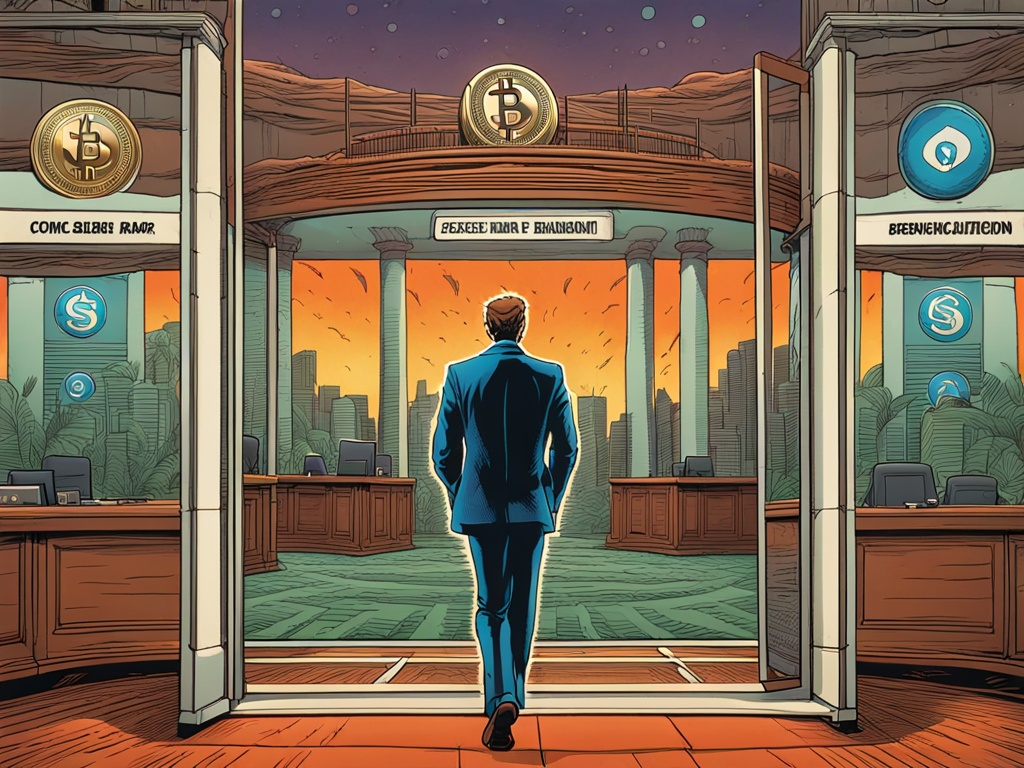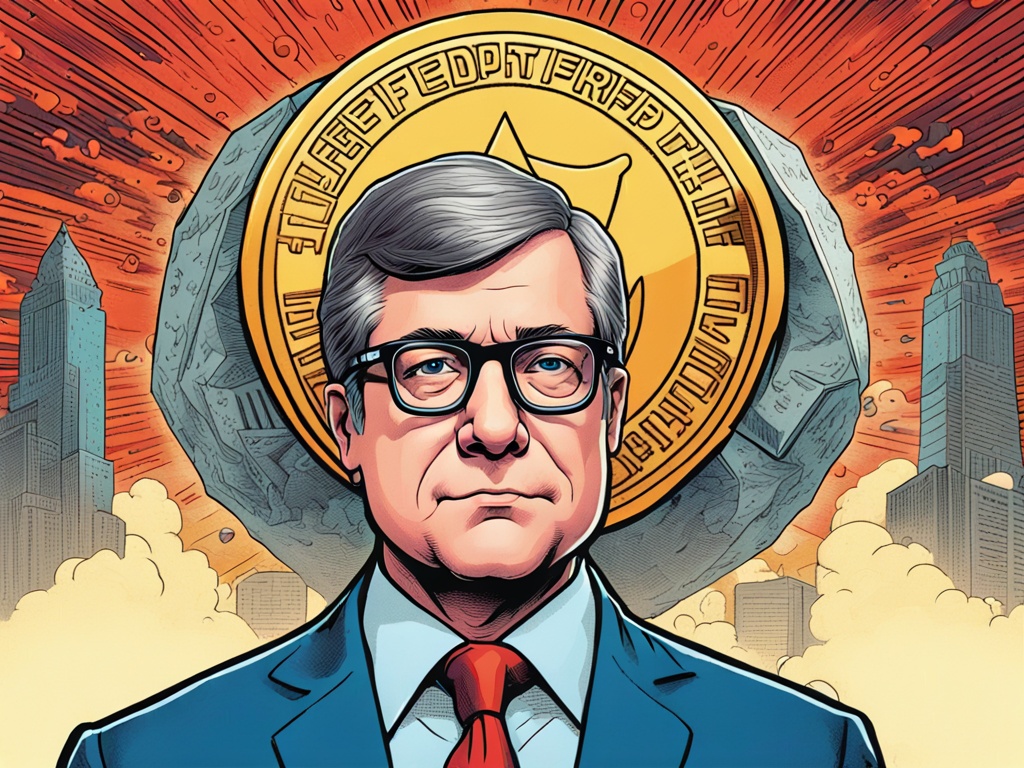Discover the Growing Fascination with Decentralized Finance (DeFi) 🎉
This year, the world of decentralized finance has captured widespread attention, creating vast opportunities and transforming traditional finance norms. In this article, we delve into the influence and developments surrounding DeFi, its accessibility, and the implications for both users and investors. You’ll discover why you might consider exploring this rapidly evolving sector.
The Rise of DeFi 🚀
Decentralized Finance, commonly referred to as DeFi, represents a shift in the financial landscape. It leverages blockchain technology to eradicate intermediaries, allowing individuals to engage in financial activities directly. This approach brings numerous benefits, reinforcing transparency and control for users.
Key Features of Decentralized Finance 🌟
Several crucial characteristics define DeFi and its appeal:
- Accessibility: Anyone with internet access can participate in DeFi, irrespective of geographic or economic barriers.
- Transparency: Blockchain technology ensures that all transactions are recorded publicly, enabling users to verify and audit activities.
- Smart Contracts: These self-executing contracts facilitate transactions and agreements directly between parties, eliminating the need for intermediaries.
- Programmability: DeFi applications can be tailored and integrated with various platforms, leading to innovative financial services.
Innovative Applications within DeFi 💡
The DeFi space has birthed numerous innovative applications, reshaping how people interact with finances. Here are a few noteworthy examples:
- Decentralized Exchanges (DEXs): Unlike traditional exchanges, DEXs allow users to trade directly with one another via smart contracts, often resulting in lower fees.
- Lending Platforms: These platforms empower users to lend and borrow assets without relying on banks, often providing higher yields for lenders.
- Stablecoins: DeFi has also seen the rise of stablecoins, which offer price stability compared to volatile cryptocurrencies, enabling smoother transactions.
The Impact of DeFi on Traditional Finance ⚖️
The introduction of DeFi has raised questions about the future role of traditional financial institutions. While some see it as a threat, others view it as an opportunity for collaboration. Here are a few ways in which DeFi has impacted traditional financial models:
- Increased Competition: DeFi challenges existing financial services by offering similar or better services at lower costs.
- Innovation Pressure: Financial institutions may need to innovate rapidly to keep up with the technological advances presented by DeFi.
- Regulatory Considerations: As DeFi continues to grow, regulators will need to find a balance that fosters innovation while protecting consumers.
Potential Challenges in DeFi ⚠️
While DeFi offers numerous benefits, it also presents certain challenges that users and developers must navigate:
- Security Risks: Smart contracts and platforms can be susceptible to hacks and vulnerabilities, demanding rigorous safety protocols.
- Market Volatility: Users should be aware that while DeFi presents lucrative opportunities, it can also result in significant financial losses.
- Regulatory Uncertainty: The evolving regulatory landscape for DeFi can create complications for both users and developers, making compliance a key concern.
Conclusion: The Future of Finance 🌐
This year, the growing prominence of DeFi signifies a pivotal evolution in financial systems. By understanding its core features, applications, and potential risks, you position yourself to navigate this dynamic environment effectively. As DeFi continues to expand, its influence on traditional finance and everyday financial practices will likely grow, offering thrilling prospects for those willing to explore this innovative landscape.
Explore more about DeFi, its transformative potential, and the challenges it faces by diving into these topics:





 By
By
 By
By
 By
By

 By
By
 By
By